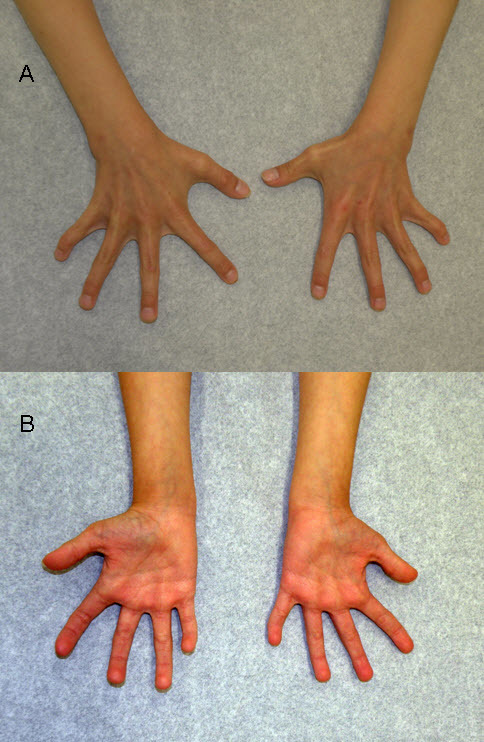Rubinstein-Taybi Syndrome - GeneReviews® - NCBI Bookshelf
Por um escritor misterioso
Descrição
Rubinstein-Taybi syndrome (RSTS) is characterized by distinctive facial features, broad and often angulated thumbs and halluces, short stature, and moderate-to-severe intellectual disability. Characteristic craniofacial features include downslanted palpebral fissures, low-hanging columella, high palate, grimacing smile, and talon cusps. Prenatal growth is often normal, then height, weight, and head circumference percentiles rapidly drop in the first few months of life. Short stature is typical in adulthood. Obesity may develop in childhood or adolescence. Average IQ ranges between 35 and 50; however, developmental outcome varies considerably. Some individuals with EP300-related RSTS have normal intellect. Additional features include ocular abnormalities, hearing loss, respiratory difficulties, congenital heart defects, renal abnormalities, cryptorchidism, feeding problems, recurrent infections, and severe constipation.
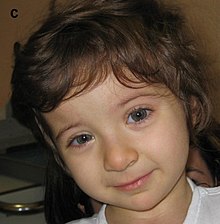
Rubinstein–Taybi syndrome - Wikipedia
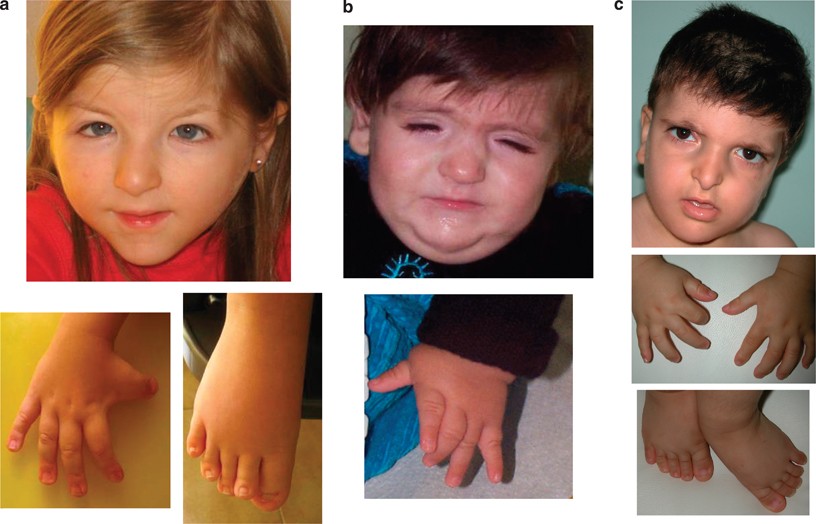
High frequency of copy number imbalances in Rubinstein–Taybi patients negative to CREBBP mutational analysis
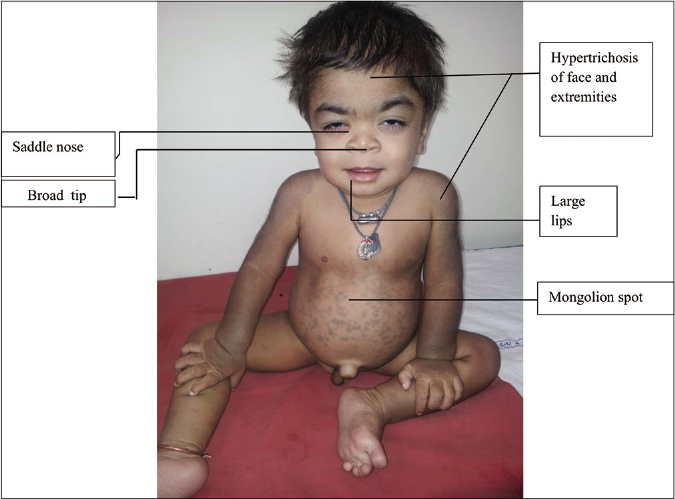
Approach to inherited hypertrichosis: A brief review - Indian Journal of Dermatology, Venereology and Leprology

Rubinstein-Taybi Syndrome 2 disease: Malacards - Research Articles, Drugs, Genes, Clinical Trials
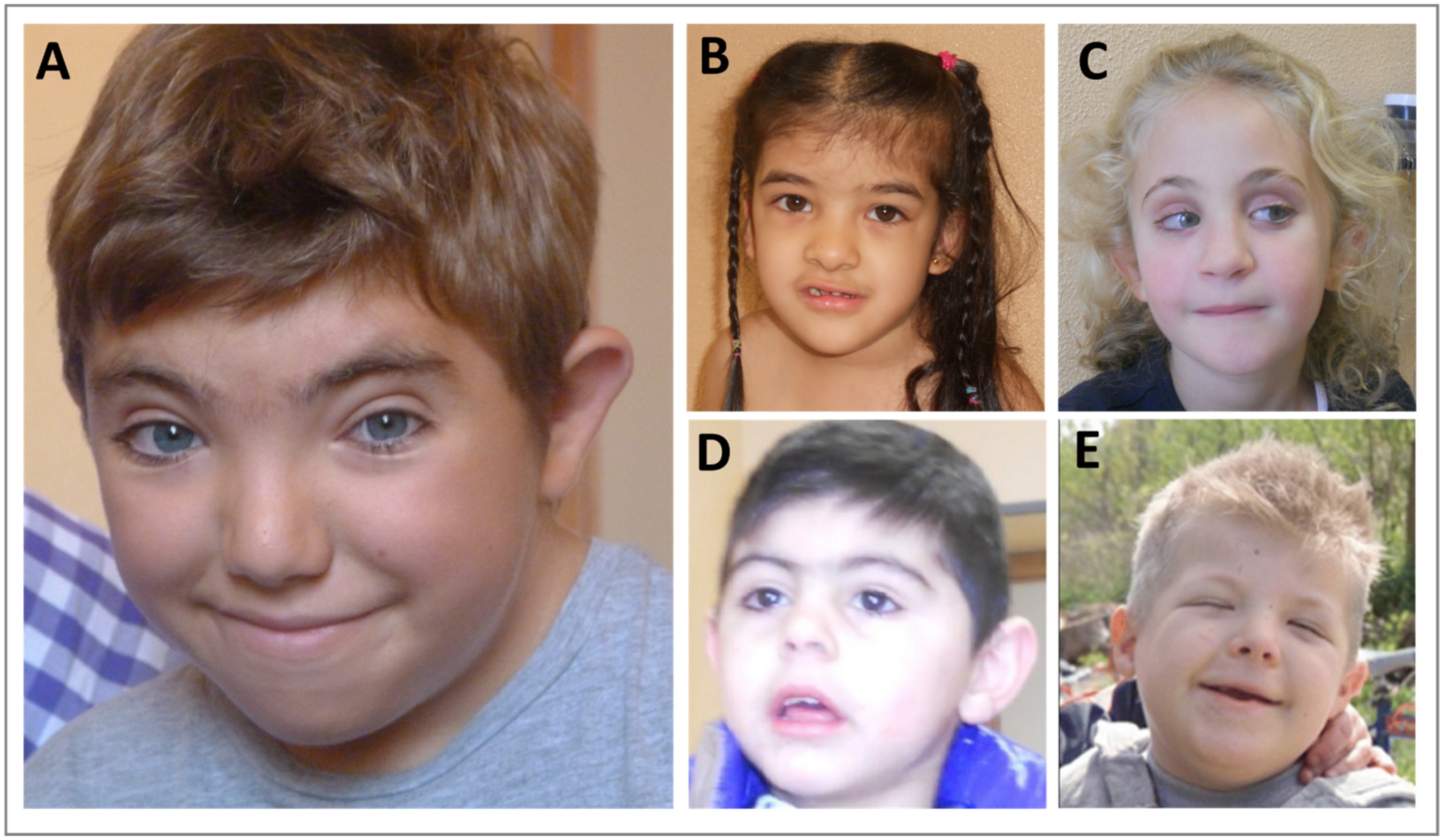
Genes, Free Full-Text
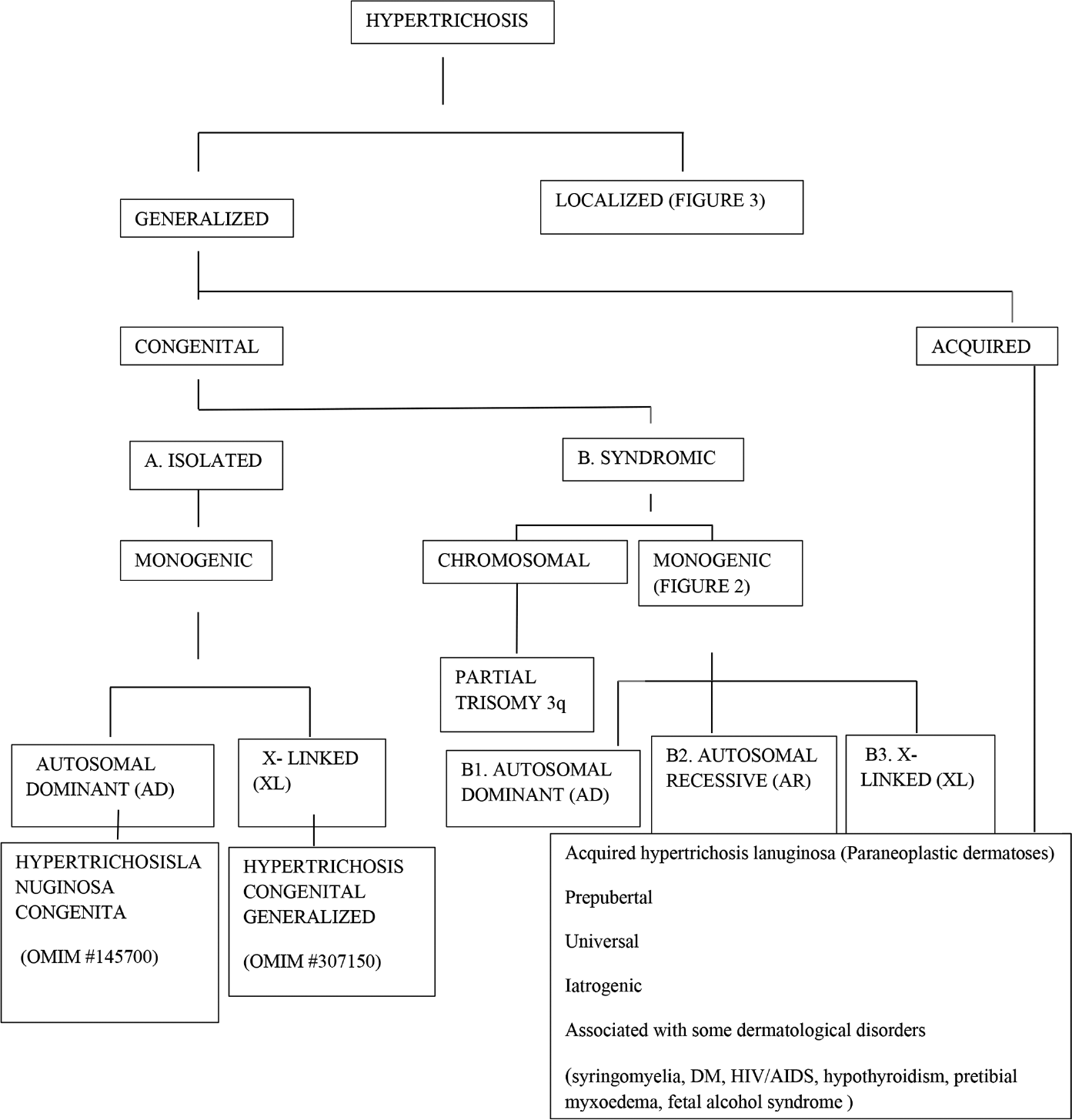
Approach to inherited hypertrichosis: A brief review - Indian Journal of Dermatology, Venereology and Leprology

genereviews.org - GeneReviews® - NCBI Bookshelf
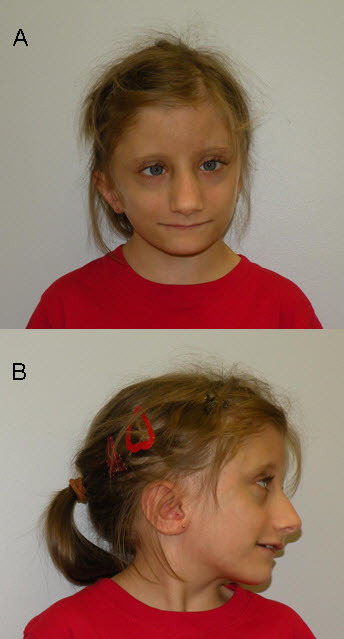
Figure 1. [Facial appearance of a girl age 11 years with FHS (SRCAP pathogenic variant p.Arg2444Ter)]. - GeneReviews® - NCBI Bookshelf
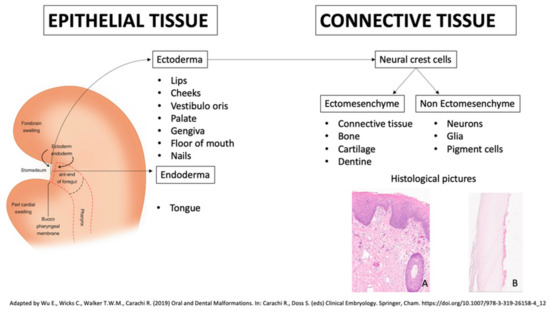
JCM, Free Full-Text

Rubinstein-Taybi syndrome with scoliosis treated with single-stage posterior spinal fusion: illustrative case in: Journal of Neurosurgery: Case Lessons Volume 1 Issue 11 (2021) Journals

Figure 3. [Broad, partially duplicated halluces]. - GeneReviews® - NCBI Bookshelf

Quality of life of Brazilian families who have children with Rubinstein–Taybi syndrome: An exploratory cross‐sectional study - Vale - 2022 - American Journal of Medical Genetics Part A - Wiley Online Library
de
por adulto (o preço varia de acordo com o tamanho do grupo)

